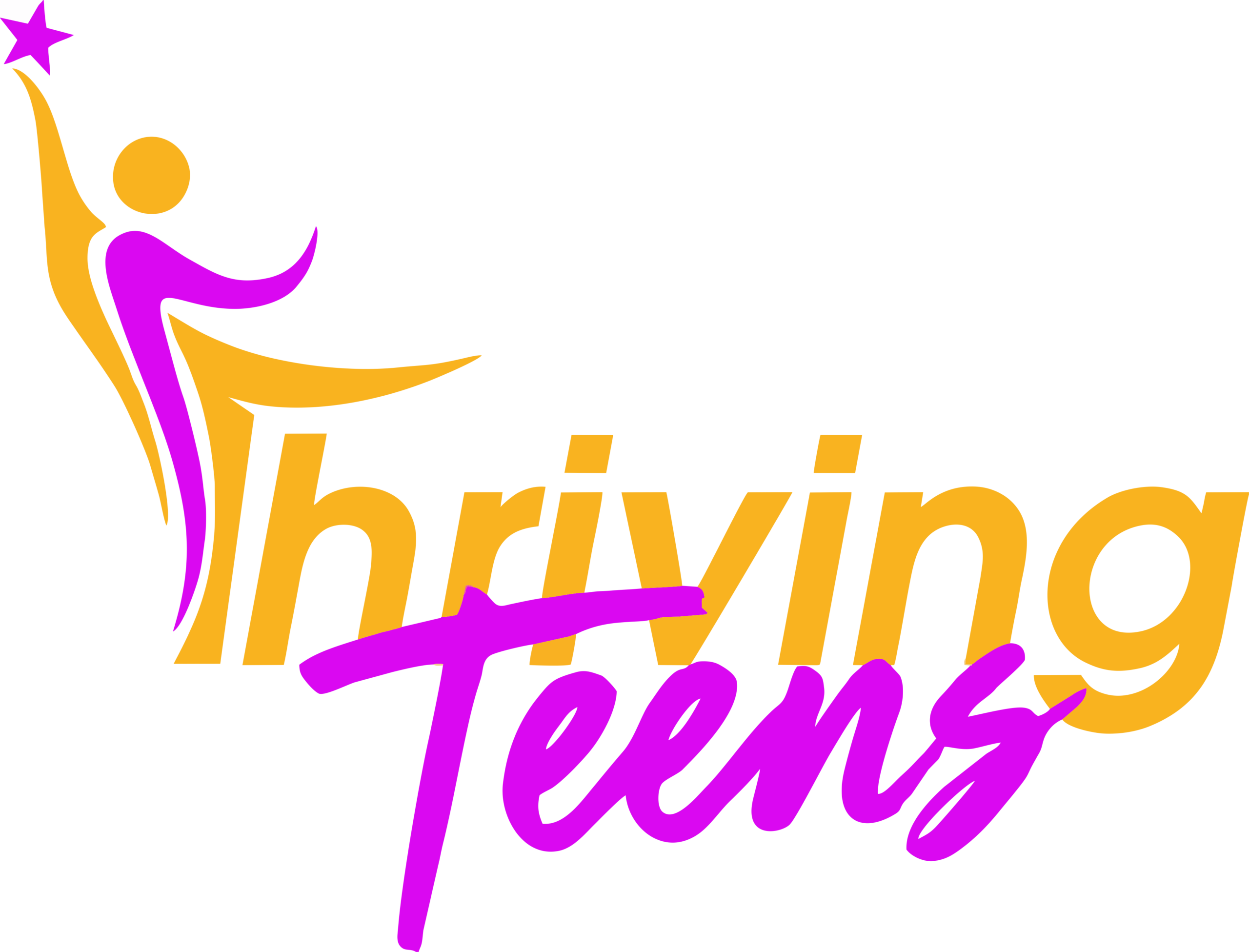People with diabetes have an increased risk of depression, anxiety and diabetes-related distress. That is why some diabetes specialists regularly include a social worker or psychologist as part of your diabetes care team.
If you notice that you are persistently sad or pessimistic, or experiences dramatic changes in sleeping habits, weight, friends or school performance, you should be screened for depression.
Rebellion also may be an issue, particularly for teens. A child who has been very good about sticking to his or her diabetes treatment plan may rebel in the teen years by ignoring his or her diabetes care. Additionally, experimenting with drugs, alcohol and smoking can be even more dangerous for people with diabetes. Talk to your counselor or therapist to help you cope with the dramatic lifestyle changes that come with the realization that now you have diabetes type 1. A support group might help find encouragement and understanding and acceptance.
With good management, you will likely live a long and enjoyable life
Mental health and substance abuse in Type 1 Diabetes
599
previous post

